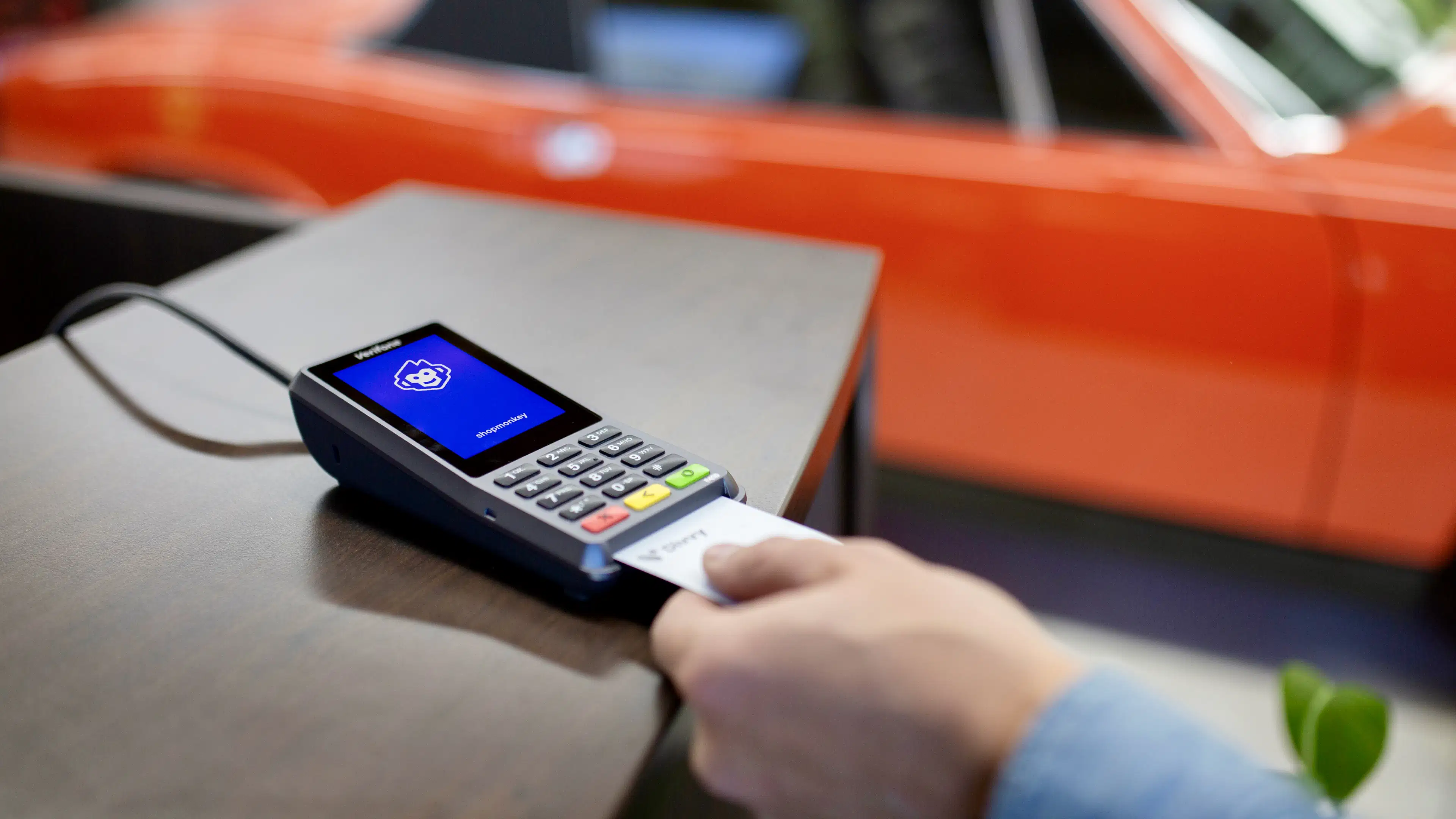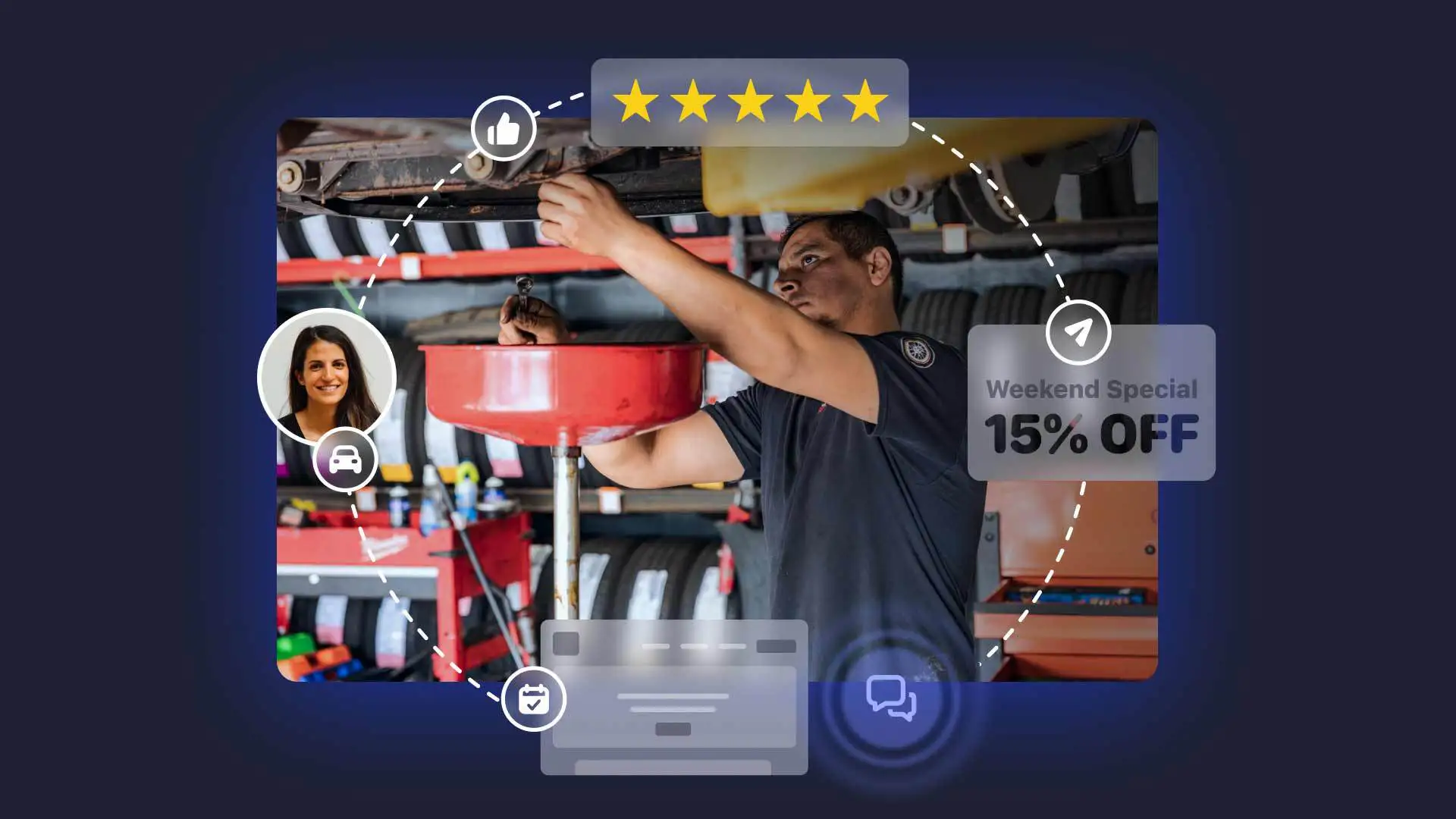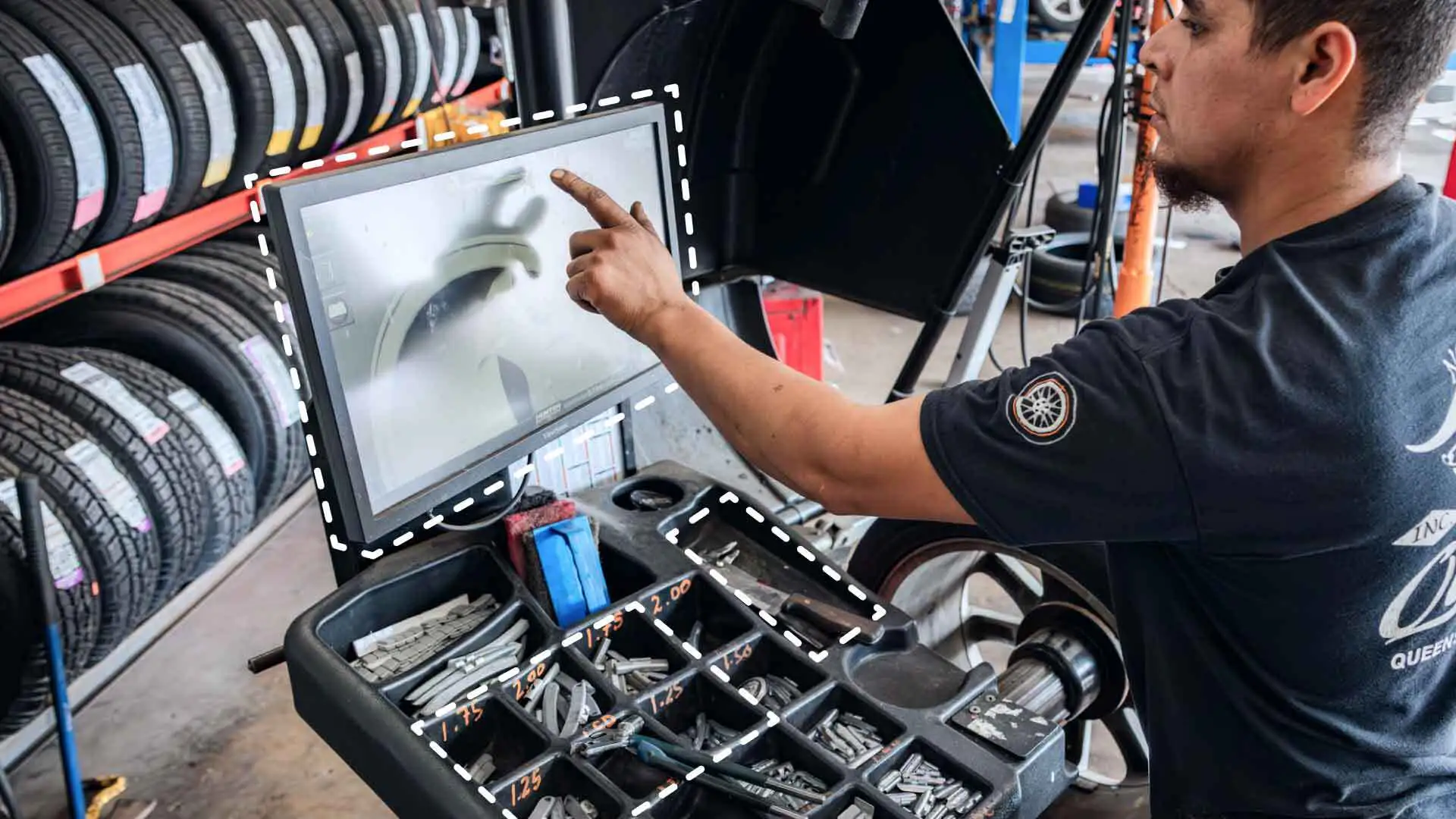Accepting credit cards is essential for the growth of your business because it’s convenient for your customers and can significantly increase your cash flow. Plus, these days most customers carry credit cards instead of cash. With the increased use of credit cards, you and your shop employees must be on alert for credit card scams.
But we don’t want to scare you! Quite the opposite — we aim to equip you with the knowledge you need to protect your auto shop business. With continuous education on scams and implementing best practices, you can avoid the significant financial consequences that come from being a scam victim.
Let’s start with some basics:
What is a scam artist?
A scam artist is someone who attempts to use false pretenses to get you to give them money or render goods or services. Scam artists play on your emotions or promise big payoffs to get you to comply with their requests. These perpetrators pose as individuals or representatives of large to medium-sized companies. The tactic they use is the promise of a large relationship that will provide healthy volume and growth to your shop. Scammers look to build trust to get you to do what they want, whereas fraud is quick and unsuspecting. Scammers play the long game.
What's the impact of a scam to your business?
Many auto shop owners do not realize that credit card scams can have a significant impact on their business finances. Not only do you lose the money or goods given up to the scam artist, but you will incur a dispute plus the associated dispute fee and/or the potential closure of your merchant account.
Watch out for the two most common credit card scams:
Scam 1: The customer asks you to wire or money transfer a portion of the sale.
Scam goal: Convince you to not only charge to the card they give you (most likely stolen) but to also get you to wire funds to their secure account.
Be on high alert if a customer requests that you wire them funds. This is not normal business practice — it is an attempt to scam you out of funds you cannot retrieve. Wiring instructions typically come from a prospective customer making a large purchase that is enticing enough for you to not question exactly what’s going on.
Actions to watch out for:
After you charge the card, the individual will request that you wire funds for a portion of the sale to them so they can pay for the shipping of the item they purchased from you, or they request that you run an additional charge so they can pay a third party.
The money movement request will come in the form of a wire, cashier's check, or via peer-to-peer apps like Venmo, CashApp, or Zelle.
Protect your business: If a customer is asking you to wire them funds after you’ve already charged their card, it is in your best interest to decline the sale and refund the card. This action will prevent a loss to your business.
Scam 2: The customer cancels an order and wants a refund via a different payment method.
Scam goal: Get you to move funds that you cannot retrieve into their secure account.
Alarms should go off in your head if a customer cancels an order and requests the refund be made to a different payment method than the original.
If you fall for this scam, after you process the refund successfully to a different payment method, the individual will then initiate a dispute for the original charge. The dispute reason code will come in claiming that you did not give a refund for a returned item/canceled item. Since the refund you gave was not to the original payment method, you most likely will lose the dispute.
The individual benefits 2x from this scam: once with the refund you gave and again with the dispute. The cardholder’s issuing bank cannot see the refund you gave because you did not submit the refund on the original card used at the time of the sale.
Actions to watch out for:
The customer typically makes a large purchase, and then cancels the order and requests a refund.
The individual will tell you that the card they used for the purchase was lost, is expired, or they no longer have access to it.
They are requesting a refund to a different payment form.
Most often, they will request the refund to be cash, cashier's check, or a wire transfer.
When you ask for more information such as billing address, they may argue or threaten to take their business elsewhere.
Protect your business:
If a customer requests a different refund form, be cautious and ask questions to verify if it’s actually necessary. It’s important to note that while these scams are often associated with fraud, legitimate customers sometimes have a real situation where a credit card expired, or was truly lost or stolen.
Properly vetting your customers is essential to the success of your business — it is also one of your main responsibilities when accepting card payments. When you come across suspicious ordering activity, or when a customer’s behavior just doesn't sit right with you, remember: You have the right to ask additional questions to get further information about anyone attempting to do business with you.
Information to ask for:
Name of the cardholder (full name as it appears on the card)
Billing address
Shipping address (if applicable)
Phone number
Email address
Photo ID (if the transaction is in person or verify at pick up)
If the customer is legitimate, they will appreciate your due diligence. If they're fraudulent, they will threaten you with the loss of their business or a bad review online. The threat of losing potential sales is sometimes enough for an auto shop to bypass their due diligence and become victim to a scam — stand firm and avoid acting too quickly.
Shopmonkey is here to help.
Implementing best practices, such as obtaining relevant details at the time of sale, using signatures, and clearly communicating shop policies will mitigate the risk associated with accepting card payments. (Learn more about your responsibilities when accepting card payments).
While you are responsible for accepting credit cards and the risks associated with them, Shopmonkey's dedicated Risk Management team is here to help.
See how we help Shopmonkey customers manage disputes and prevent payment fraud.
Sources:





